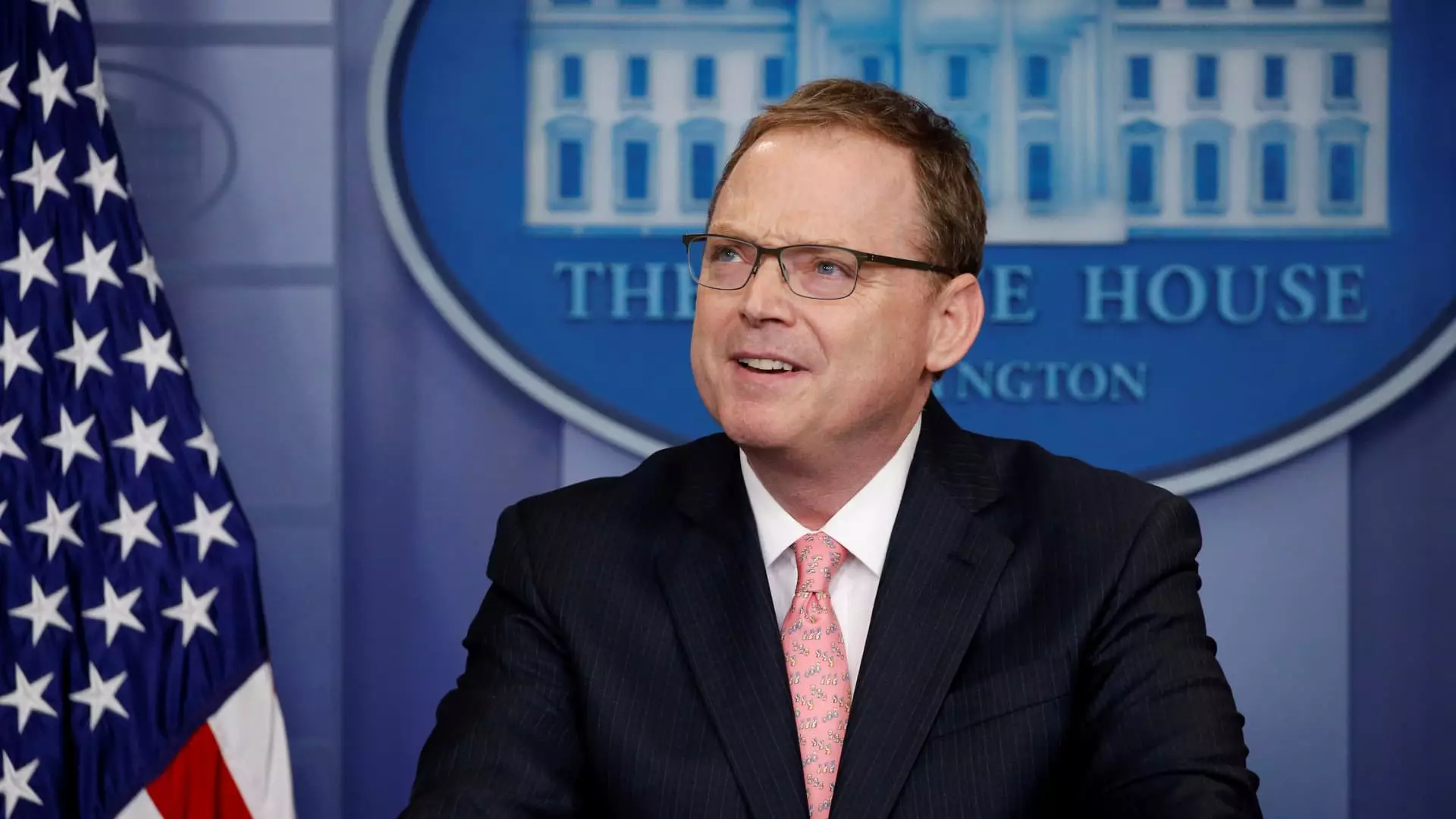In a strategic move signaling his priorities for the upcoming administration, President-elect Donald Trump appointed Kevin Hassett as the head of the National Economic Council (NEC). This position positions Hassett at the heart of economic policy discussions, shaping decisions that encompass a range of critical areas, from trade agreements to fiscal regulations. This appointment illustrates Trump’s commitment to a robust economic framework, as he works to finalize his economic team with the U.S. Trade Representative position remaining the last critical role to be filled.
The announcement was made through Trump’s newly adopted social media platform, Truth Social, emphasizing the importance he places on personal communication in the digital age of governance. Also nominated on the same day was attorney Jamieson Greer for the role of U.S. Trade Representative, illustrating a cohesive strategy to assert control over trade policies.
Hassett’s Crucial Role in Trump’s Economic Vision
Hassett, who previously served as chairman of the Council of Economic Advisers during Trump’s first term, is well-versed in the administration’s economic policies. His backing of significant tax cuts favoring corporations and his defense of aggressive tariffs reflect a keen alignment with Trump’s confrontational trade stance. As the 62-year-old economist steps into this new role, he brings a history of involvement in pivotal issues, including immigration policies crafted in collaboration with Jared Kushner, and efforts to impose stringent sanctions on countries like Iran.
One cannot overlook the implications of Hassett’s economic philosophy in relation to Trump’s broader economic strategy. The appointment signals an ongoing adherence to protectionist policies, notably Trump’s recent assertion to raise tariffs on all Chinese imports while also imposing steep tariffs on goods from Mexico and Canada. These moves not only threaten existing free trade agreements but also highlight the defensive posture Trump aims to adopt against what he perceives as unfair international trade practices.
Impacts of Tariff Policies and Trade Relationships
Trump’s rationale for these proposed tariff hikes centers on combating illegal immigration and the influx of illicit drugs, indicating a multifaceted approach to trade policy that extends beyond mere economic considerations. By linking trade with national security and social issues, Trump attempts to garner broader support for his aggressive economic measures. Hassett’s role will be crucial in articulating and justifying these trade policies to both the American public and international partners.
As the economic landscape evolves, the potential ramifications of these tariff increases could lead to escalated tensions with trade partners, altering not only bilateral relationships but also affecting global markets. The forecasting of such outcomes rests significantly on Hassett’s ability to navigate these choppy waters while maintaining alignment with the president’s overarching goals.
With the inauguration set for January 20, the American public and global community will keenly observe how these appointments and strategies will unfold. Trump’s economic agenda appears increasingly focused on asserting American economic interests through direct intervention rather than collaborative trade frameworks. The resultant changes in trade dynamics, driven by Hassett’s economic leadership, could redefine the U.S. economic landscape for years to come—leaving many to speculate on the long-term impacts of this approach on both the domestic economy and international relations.

